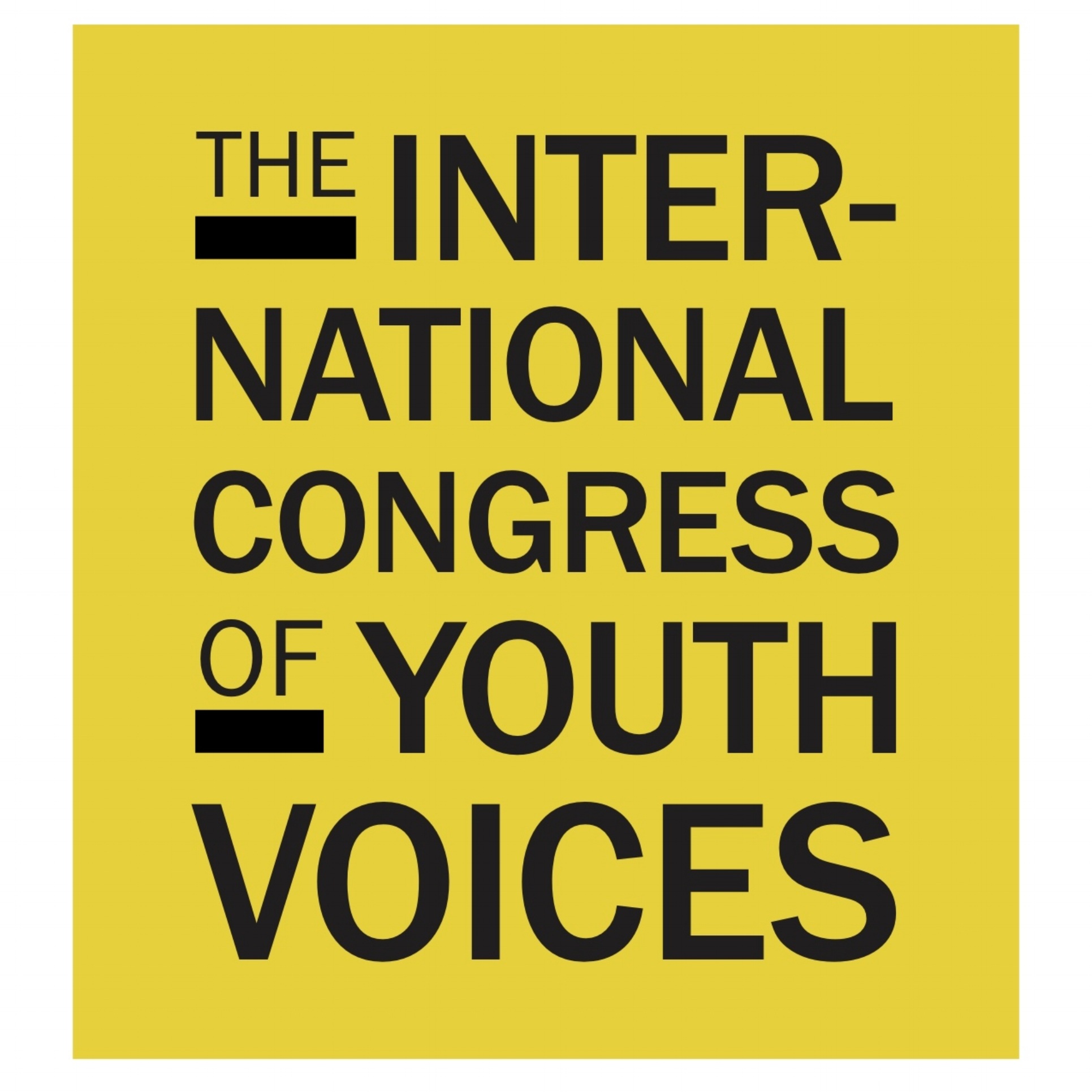KENAN OSAMA MIROU, 19
Kenan Osama Mirou is a Syrian refugee who has been in the United States since 2013, after fleeing his country due to the deteriorating living circumstances. He is a pre-med student attending San Francisco State University, and plans to become an orthopedic surgeon. Mirou has a passion for writing and great love for his country and people. He has been published in magazines, newspapers, and books published by 826 Valencia. He is currently working on opinion editorial writing about his life story and the conditions in Syria.
In January of 2018, Mirou had the opportunity to give a speech at the United Nations headquarters in Geneva, Switzerland. The words emphasize the importance of peace and togetherness in times of adversity and the video for his speech has surpassed 100,000 views. Mirou participated in the International Congress Of Youth Voices in the summer of 2018 and spoke at the Nourse Theatre in San Francisco, California, to an audience of over 1,600 people. The Nourse has since been renamed the Sydney Goldstein Theater for a woman whose legacy and name graces the college scholarship fund of which Mirou was the inaugural recipient
Indivisibility of Justice & Connected Sruggles
by Kenan Osama Mirou
Is it possible that we as humans, might be experiencing the same struggles? Many problems trouble different communities around the world, and each feel like their pain cannot be felt by anyone but their own people. This idea might make sense if viewed through a scope that exposes only the surface of an issue, but it will start to not make sense as soon as we dig deeper into who really is causing these shortcomings, who benefits from our pain, and what the end goal is. The idea that justice for one group cannot be named justice until all people are entitled to it is illustrated with stories and events from the Israeli occupation of Palestine, The Puerto Rican independence movement, the concept of an apartheid wall separating Mexico from the U.S., and the illegal internment of over 100,000 U.S citizens of Japanese descent.
Palestine has been under an inhumane occupation by Israeli forces since 1948, and after many years of the world watching in silence, a clear connection was formed and noticed by the indigenous people of America and by the citizens of Mexico. In the article, “Palestinians in solidarity with Idle no more and indigenous rights” the writer states: “The struggle of Indigenous and Native peoples in Canada, the United States, have long been known to the Palestinian people, reflecting our common history as peoples and nations subject to ethnic cleansing at the hands of the very same forces of European colonization.” This highlights the reality of the connection between Palestinians and Native Americans: both lands were occupied by their original, rightful owners and an attempt is being taken to strip them of their land, rights, and identity.
Another powerful connection that puts the Palestinian and Mexican story in perspective is the concept of a “security wall” being implemented in both of the nations. In the article, “‘No Ban, No Wall’ highlights the common struggle in US and Palestine” written by Nada Elia on January 31st, 2017, this idea is addressed as follows: “And the US-Mexico wall Americans are protesting? As Ben White noted, Israel has also had a so-called “security wall” for decades. What White did not mention in that article, even though I suspect he is well aware of it, is the fact that it is an Israeli company, Elbit Systems, which is contracted with the surveillance of the US-Mexico wall, as it does the Israeli Apartheid Wall.” If the company that is responsible for building the apartheid wall in Palestine is offering to help complete the wall on the Mexican-American border, what other evidence does one need to realize the underlying conspiracy against indigenous people?
In the lecture about Puerto Rico given to our class by Mr. Jaime Veve, I noticed many similarities in the ways of resistance used by Puerto Ricans against the American government and by Palestinians against the inhumane Israeli forces. Veve’s lecture helped shape a broader image in our minds about what we are really dealing with when we choose to be peaceful, righteous, and humanitarian. As the image grows wider and includes more people, solidarity and resistance are bound to prevail. Once we work together as a united front to achieve indivisible justice, we are bound to be free.

